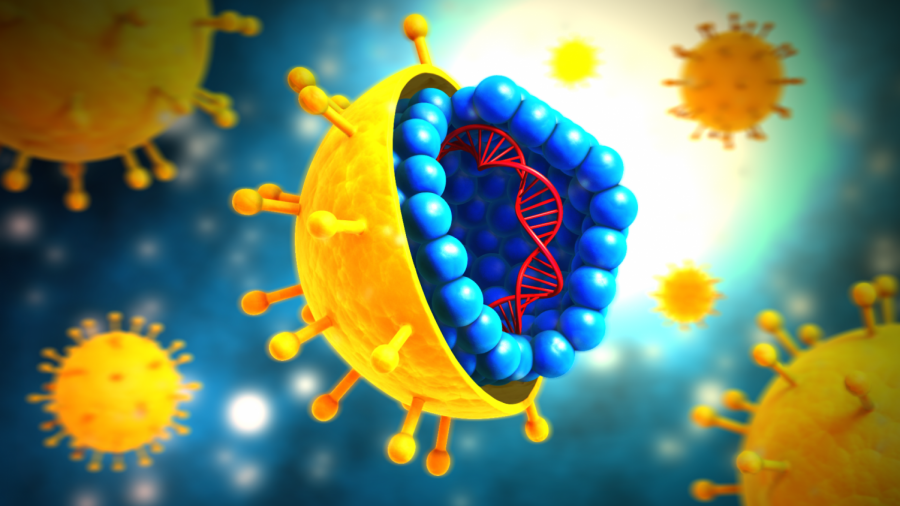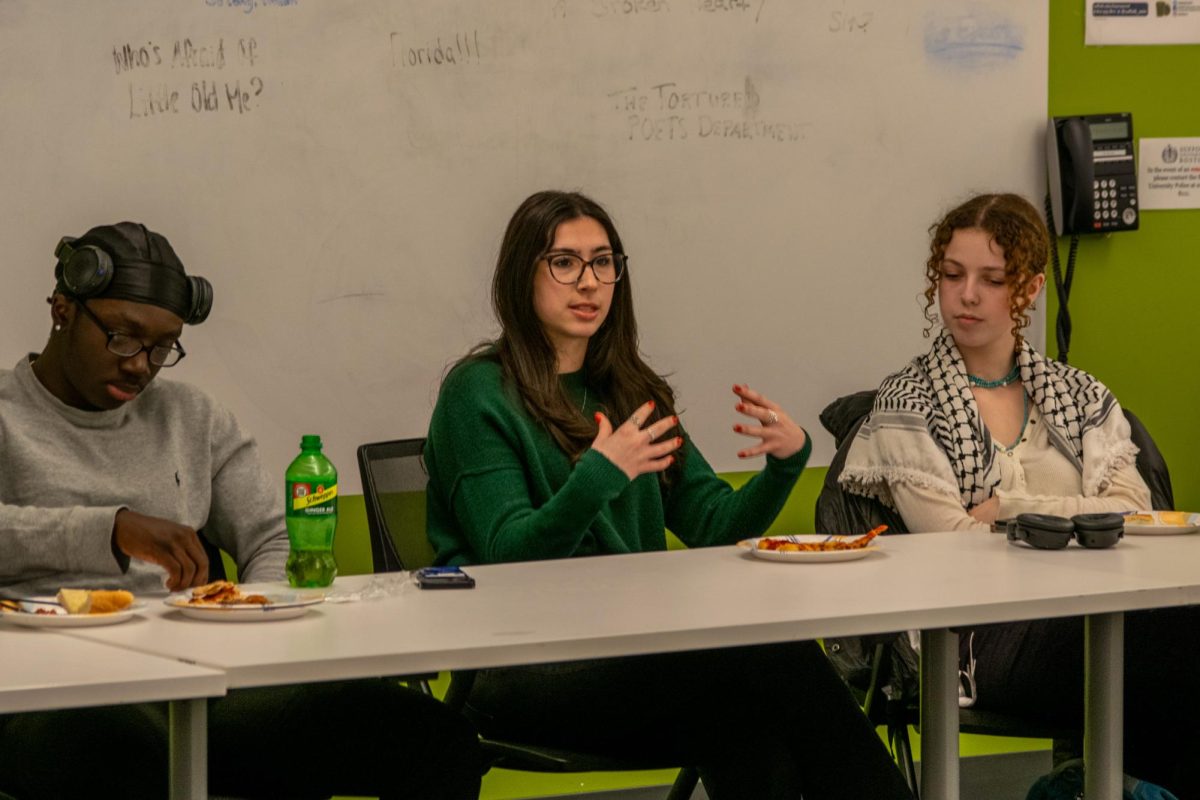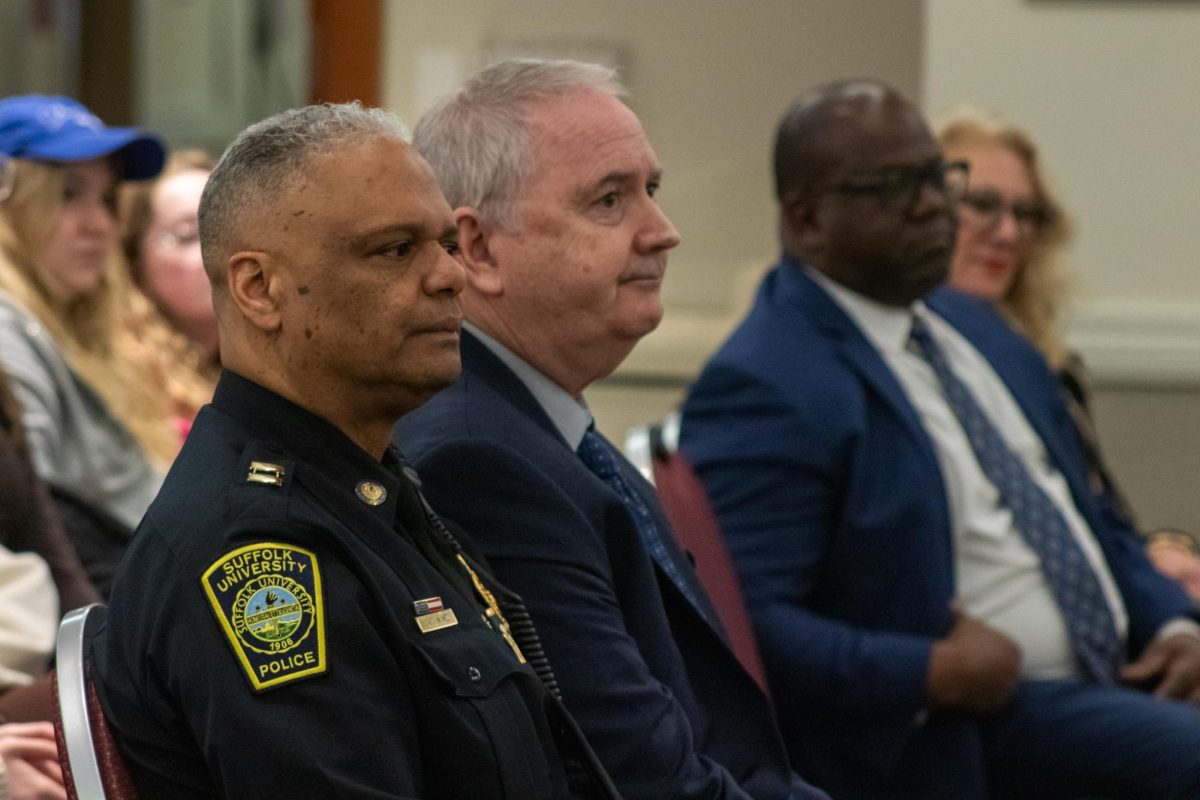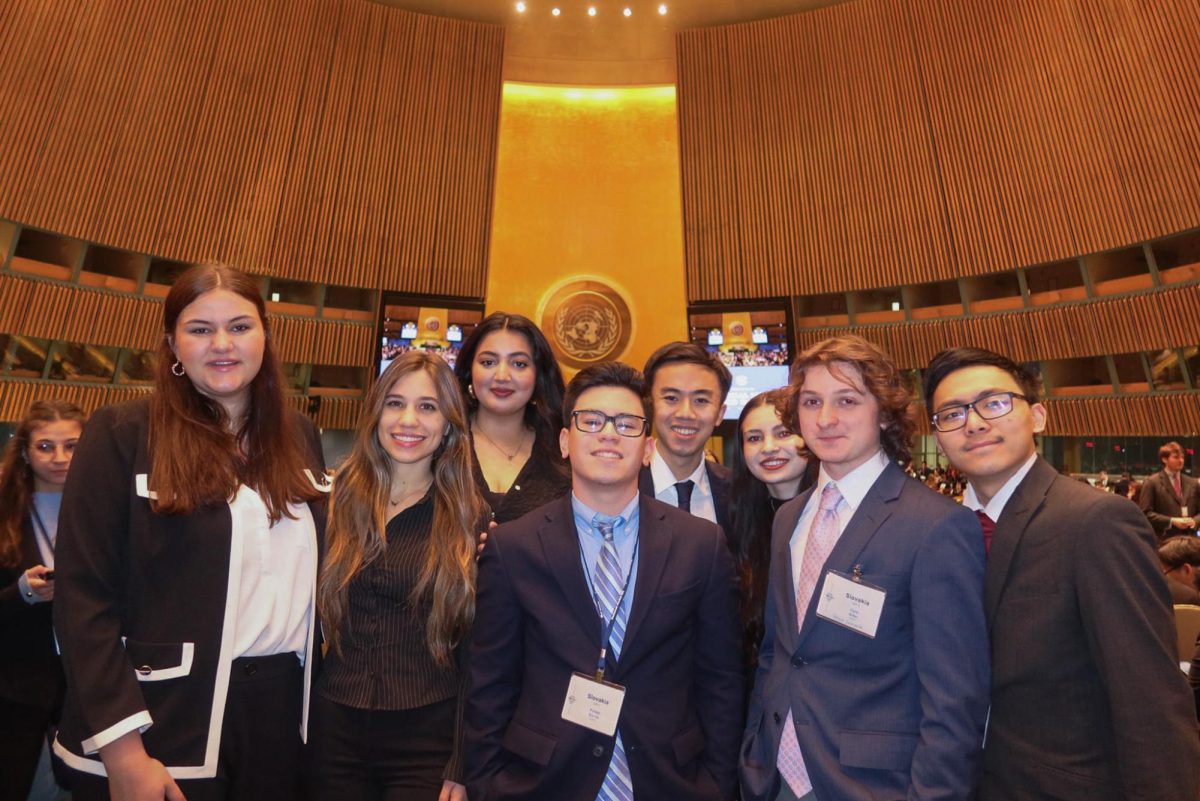Amidst the thick of cold and flu season, it’s hard to believe that a virus could cause anything other than illness. However, Yale University Elihu Professor of Ecology and Evolutionary Biology Paul Turner claims that viruses may be the key to solving many problems of modern medicine.
Last Thursday, at the Harvard Museum of Natural History, Turner presented his lecture “Viruses: The Good, the Bad, and the Ugly,” followed by a question and answer session with the audience.
Turner explained the dangers of viruses, the important role that they play in maintaining healthy ecosystems and how they can be utilized to amend modern medicine.
“We live in a virus filled world,” said Turner during the lecture. “I’m here to tell you that viruses can change your life one day.”
With the development of antibiotics, medical professionals have been able to find solutions to a variety of illnesses. However, more bacterial infections are growing resistant to antibiotics and are becoming increasingly difficult to treat with medicine we have used traditionally.
Turner explained that MRSA, an antibiotic resistant staph infection, is a primary example of how antibiotics are becoming ineffective.
“By 2050, especially in the most populated parts of the world, there are an increasing number of annual deaths due to drug resistant infections,” said Turner. “Somewhere to the tune of four million people a year will be dying, in Asia, and also North America, hundreds of thousands of people. This is what people talk about when they say it may be the end of the antibiotic era.”
While it may be scary to imagine a world with ineffective antibiotics, Turner offered an optimistic approach to solving this problem through implementing the use of bacteriophages (phages) in treatment of these diseases.
Phages are naturally occurring viruses that infect and kill bacteria. Turner explained that phages have been used in the past, primarily in Russia, to treat a variety of infections.
“Phages kill only bacteria and they can be efficiently used as drugs that make copies of themselves,” said Turner. “So if there is a pathogen, [the phage] works different than an antibiotic. The phage will come in and not only kill the cell, but it will also make copies of itself to go kill other cells of similar type. So you shouldn’t have to take as high of a dose.”
According to Turner, our bodies are composed of both good and bad bacteria. When antibiotics are used, not only do they destroy the bad bacteria, but they also eradicate the good bacteria in our bodies.
Turner explained that phages can be genetically modified in labs to target only one bacterium. Doing this would prevent the phages from destroying the good bacteria that our body needs.
Using phages to treat infections is now growing increasingly popular in Western countries as more antibiotics have become ineffective over the past decade.
“What you can do about it is look to an old idea and try to appropriate it,” said Turner. “We are facing the reality of needing to find new solutions.”
Although many medical professionals sense that we are approaching the end of the antibiotic era, Turner is hopeful that phages will pave a new path towards treating infections – and potentially even cancer.
Turner explained that there is definitely the potential to genetically engineer a virus to only kill cancer cells while, ideally, ignoring the normal bodily tissue along the way.
In addition to discussing the benefits of using viruses and phages to solve major health issues, Turner’s presentation also analyzed how viruses are crucial in the functioning of every ecosystem.
While some viruses can have negative repercussions when they come in contact with humans, they are also responsible for regulating our oxygen levels through bacterial photosynthesis in the ocean.
Turner said that although the United States doesn’t see the impact of many bad viruses, it is important to use the advanced medical capabilities of developed nations to help Third World countries where viruses and infections are a significant issue.
“These events are important for bringing people together from different areas of the medical field,” said Froukje Krol, an event attendee, in an interview with The Suffolk Journal. “Spreading knowledge like this is very important for the future of medicine.”















